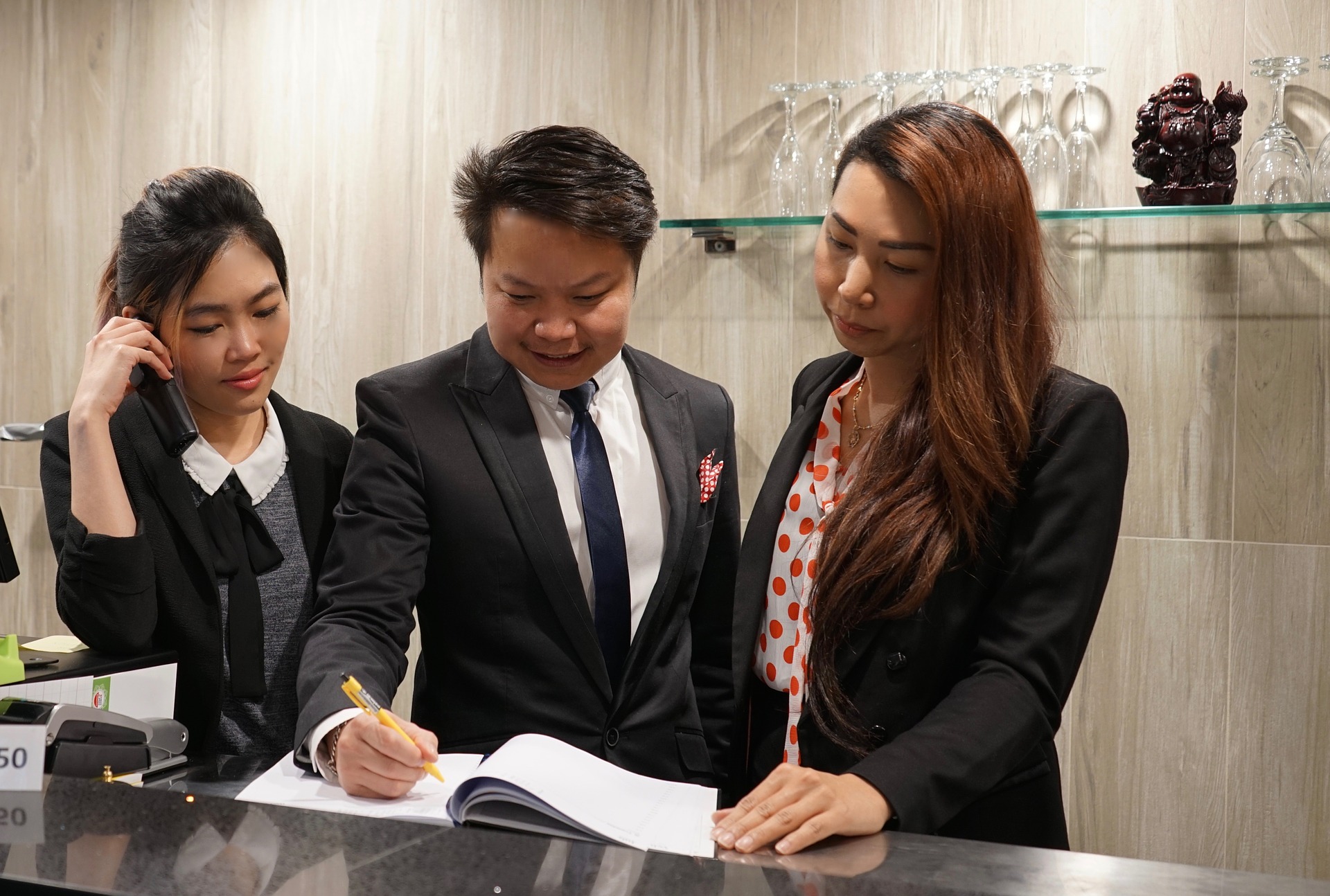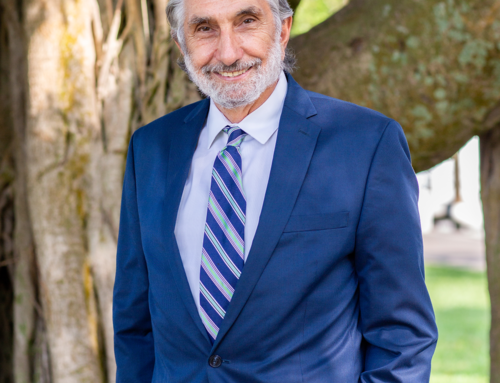For the last 12 months, restrictions on J-1 visas have prohibited non-immigrant visa holders from entering the country. At the advent of the COVID-19 pandemic, officials made the decision to ban many types of visas in order to help prevent the spread of coronavirus, as well as to address fears of U.S. unemployment for citizens throughout the crisis. The executive order extended until March 31, 2020, meaning the the ability to enter the United States on a J-1 visa is expected to be reinstated within weeks. This is great news for many learning to travel to the U.S. to learn and train in specific industries.
J-1 Visa Explained
The J-1 visa is also known as the “exchange visitor visa.” This visa permits individuals from all over the globe to learn and develop specific skills in the U.S. that they take back to their respective home countries to implement. They come with the goal of learning specialty skills in any number of industries – such as hospitality, financial services, healthcare or law. The J-1 visa holder enters the U.S., experiences training, and returns to their home country with new knowledge and skills, as well as a new network of colleagues and contacts. The “home residency requirement is inherent in the visa, and requires that the visa holder return home for at least two years once their U.S. based training is completed.
Unlike other visa categories which are administered and enforced through the Department of Labor, the J-1 visa is approved through the Department of State. This distinction allows for the training programs to be developed by host-employers, highlighting what each recipient can expect to learn, as well as details as to how long the training will take, and who is in charge of their education. Another difference from traditional visas is that spouses and dependents may be approved to visit the country along with the J-1 visa approved application. Extensions to the original time limit are approved through sponsoring organizations – not with the government.
Contrary to a popular but misplaced fear, the intent of the J-1 visa is not to take or replace American jobs. Instead, it was created to assist in training and networking within worldwide industries. It connects countries together by design, allowing participation in common experiences.
Impact of the Ban
The J-1 visa permits recipients to enter the country under various approved categories which have an impact across all sectors and markets: students and interns can come, as can scholars, teachers, professors and researchers. The visa allows all industries to enjoy a broad range of ideas, innovation, inspiration and skills.
Whether necessary for health concerns or not, the non-immigrant visa ban has resulted in American companies with international connections to suffer. Many do not have the capability to relocate and train their own employees; and even if they could, there must be a compelling reason to do so.
If the Biden administration were to reinstate the program come April 1, 2020, J-1 visa applicants will resume their role in transforming businesses by contributing their ideas, talent, innovation, and diversity to a wide range of American industries and organizations. COVID-19 pandemic restrictions continue to change, and with the order expiring, we may begin to see visa processing resume on an adjusted timeline. Hopefully this will allow the J-1 visa to once again promote the cultural exchange of ideas in all aspects of American business and education.
If you have questions regarding J-1 visas or any other immigration concerns, call the attorneys at Probinsky & Cole. Immigration cases can be complex – you don’t need to face them alone.








